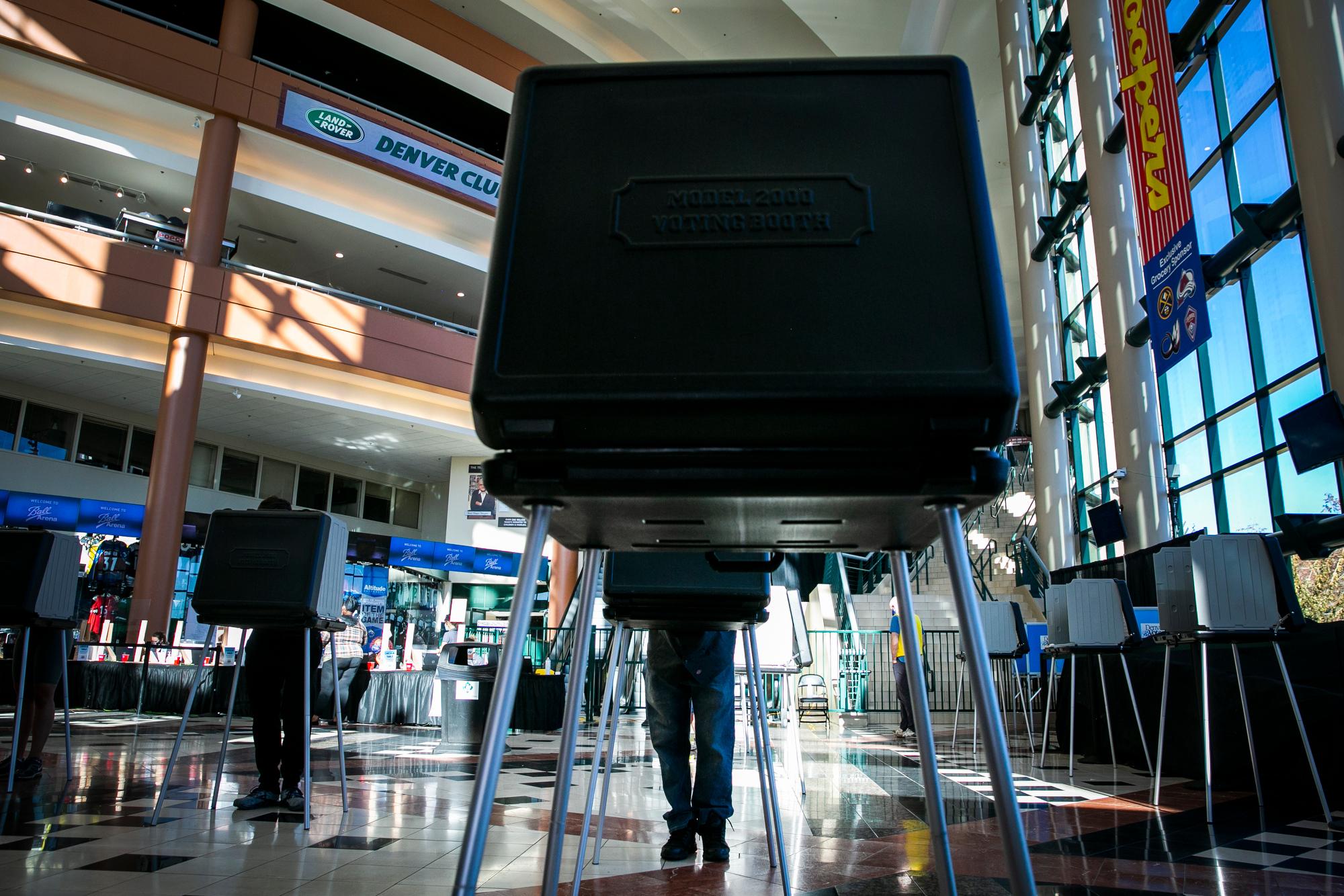
The Colorado Supreme Court has ruled that the state’s independent redistricting commissions can have flexibility for creating tentative electoral maps to keep the redistricting process on track after a months-long Census delay due to COVID-19.
That means the commissions could get feedback from the public and hold required hearings across Colorado over the summer. The commissions would finalize the maps after the exact population numbers arrive, which is expected later this summer.
Raising the stakes in all of this is the fact that Colorado, after a decade of population growth, will gain an 8th Congressional District this year. That means commissioners won’t just be tweaking existing boundaries, but possibly reimagining the entire map and creating at least one newly competitive seat.
While giving its approval for the process to preliminarily write maps before the data is finalized, the state’s highest court also reaffirmed the independent nature of Colorado’s new citizen commissions in charge of redistricting.
The court ruled that Senate Bill 247, which was moving through the state legislature to encourage the commissioners to use the preliminary Census data to draw maps, was unconstitutional.
The court said Colorado lawmakers can’t legally tell the commissions what to do because they are separate entities.
“The independent commissions were established by voters specifically to remove authority from the General Assembly over the redistricting process,” stated the court’s ruling. “Thus, the General Assembly does not have the authority to direct the independent commissions to interpret constitutional terms a certain way.”
This is the first time Colorado will use these new independent redistricting commissions. In 2018, through a pair of constitutional amendments, Colorado voters overwhelmingly approved the new process for setting districts for state and federal races for the next decade. The goals are to make seats more competitive, get broad public input and inject more fairness and transparency into how political lines are set.
- Four Big Questions (And Answers) About How Redistricting Could Affect Republican Representatives In Southern Colorado
- After 10 Years Of Urban Growth, Mountain Counties Like Chaffee And Fremont Want A Rural Voice At Congress
- Colorado’s Independent Redistricting Commission Removes Its Chairman For Posts On Election Rigging And Coronavirus
Carlos Perez, chair of the Colorado Independent Legislative Redistricting Commission, said in a written statement:
“The overwhelming support for Amendments Y and Z in 2018 unequivocally demonstrated that the voters are highly skeptical that a partisan process will yield fair maps. For our commission to earn the trust and confidence of the public in this important process of redistricting, we need to maintain a professional yet arms-length relationship with the General Assembly. I am pleased with the court's decision.”
Perez is an unaffiliated voter from Colorado Springs.
Even the bill’s Republican House sponsor, Minority Leader Hugh McKean, said he’s pleased with the court’s ruling, though he is glad it doesn’t prevent the commissions from having the flexibility they need to create tentative maps before final Census data is available.
“I'm actually good with it. We asked and they said this should be a process unto itself. And I think that's terrific because I think that actually preserves the will of the voters and what the commissions need to go do. They need to be separate entities and not affected by the legislature and I’m good with that,” he said.
McKean said he hopes the court ruling helps the redistricting process go smoothly and as voters intended.
“Which is, don't make this a partisan process, make this a process that takes into account the entire breadth of Colorado.”
This is the timeline for the independent redistricting commissions to create new maps:
- June 23, 2021 — Independent Congressional Redistricting Commission receives preliminary congressional map.
- June 28, 2021 — Independent Legislative Redistricting Commission receives preliminary state Senate and state House maps.
- July 7 - Aug. 30, 2021 — Commissions hold joint public hearings on the preliminary maps throughout the state.
- Aug. 16, 2021 — Staff receives PL 94-171 redistricting data from the Census Bureau in legacy format and begins preparing the data and the staff maps.
- September 2021 — Commissions hold additional public hearings on staff maps using final census data.
- December 2021 — Redistricting is completed as required by the state constitution.








